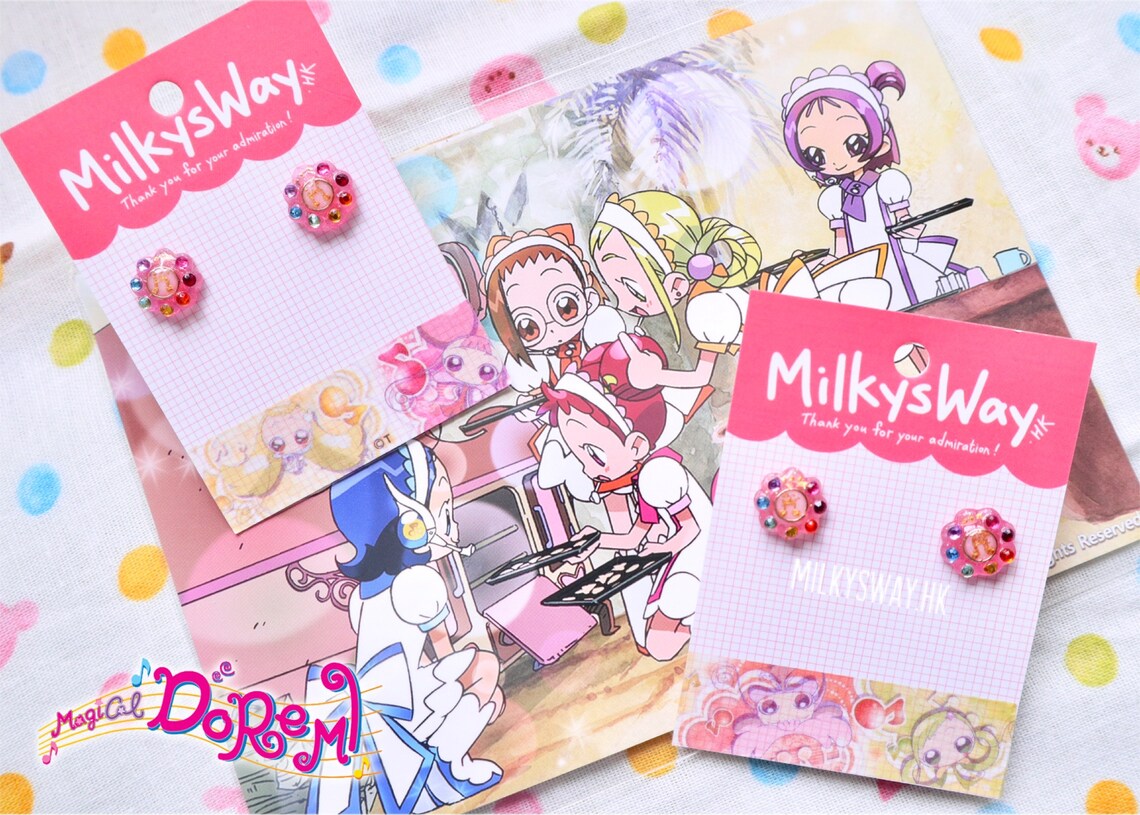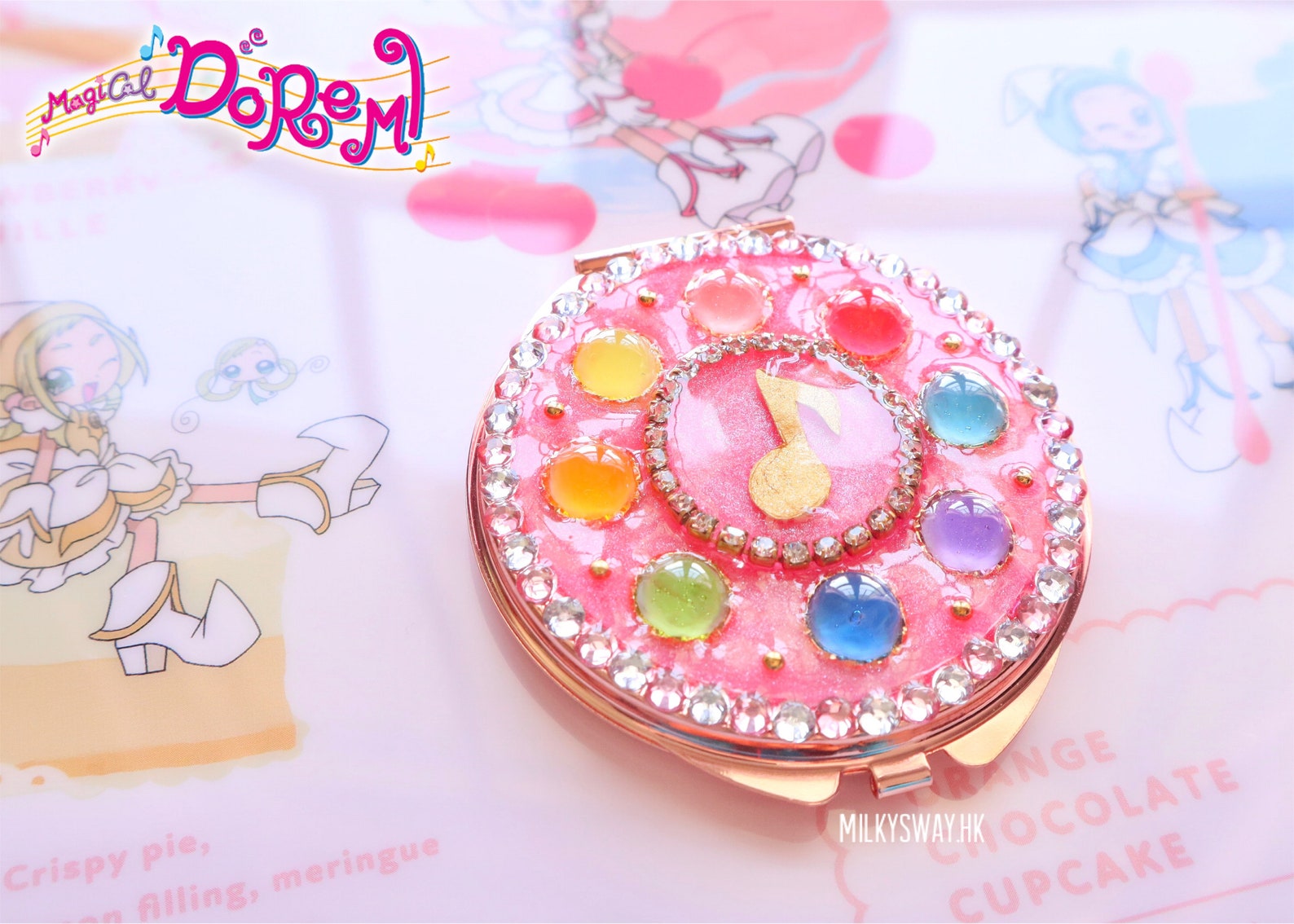

While the story is simple, it’s not the kind of simple where older fans will get bored out of their mind. After all, this is a show primarily aimed at a younger audience. Sure, there are a few mini story arcs thrown in the mix, but nothing convoluted.

However, I was in for a big surprise as the show exceeded all expectations.Īs you can see, the story isn’t overly complicated. With a few eccentric experiences and the way I was raised, I developed a weakness for cuteness (if you must ask, I am male) and though the show would appeal to me. anime with Sonic X and Demashita! Powerpuff Girls Z, I decided to give this show a try, as I started to get familiar with differences between the shonen and shoujo genres. Of course, this was at the time before I got into anime, so I kind of dismissed it, but it was always in the back (and I mean the VERY back of my mind). I’m not exactly sure how I came to know it, but I remember hearing about this show about some kids with some kind of other worldly abilities that was ridiculously popular. It was many years ago when I first heard of this show. Both the dub and the advertisement for the toys feature an alternate English language logo.Note that this review was originally on my blog, so I may have score that differ from here because of different scoring systems Through this partnership, Mattel launched a line of Magical DoReMi dolls in Latin America alongside the show. The Mexican production is of particular interest as it was created in conjunction with Cloverway International in 2001, who acted as Toei's licensing agency in the Americas until 2004. Further hints pointing to this include the fact that the German as well as the Mexican dub only covered those initial two seasons. This implies English localization work may have only been done for the first two seasons. However, in markets where dubs of further material were released, the Japanese names were largely retained, with the exception of the French version. These names were also used in the dubs of the second season of DoReMi.

Magical DoReMi aired in France, Germany, Mexico and Spain with an alternate set of names provided by Toei. Other dubs may provide insight on some possible name changes. Recorded at their Bluewater Studio in Calgary, little is known outside the fact it was allegedly directed by Teri Snelgrove.
#MAGICAL DOREMI COMPACT OFFLINE#
The aborted Mattel line was believed to tie-in with an unverified offline report that the series would be headed to Nickelodeon or Fox Kids in 2001.Īt an unspecified time prior to the 4Kids dub, Toei Animation commissioned an English language pilot and promo from the Vancouver, Canada-based Ocean Productions. Toys inspired by the series would eventually hit stores in the country to coincide with the 4Kids dub in 2006, though instead of Mattel, Bandai America handled distribution. In August 2000, Bandai reported that it had signed a deal with Mattel to release Magical DoReMi toys in the United States the following year. However, earlier attempts to launch the franchise in the western world were made. The company produced an English dub that had a shortlived run on their 4KidsTV FOX Saturday morning block between 20 before being ultimately finished as a web-exclusive. In 2003, the New York-based 4Kids Entertainment licensed the first entry. The show later inspired three followup seasons, two theatrical films, a direct-to-video series, as well as manga and light novels.
#MAGICAL DOREMI COMPACT TV#
Magical DoReMi, also known as Ojamajo Doremi, is a magical-girl anime series by Toei Animation that ran for 51 episodes on TV Asahi in Japan between February 1999 to January 2000.


 0 kommentar(er)
0 kommentar(er)
